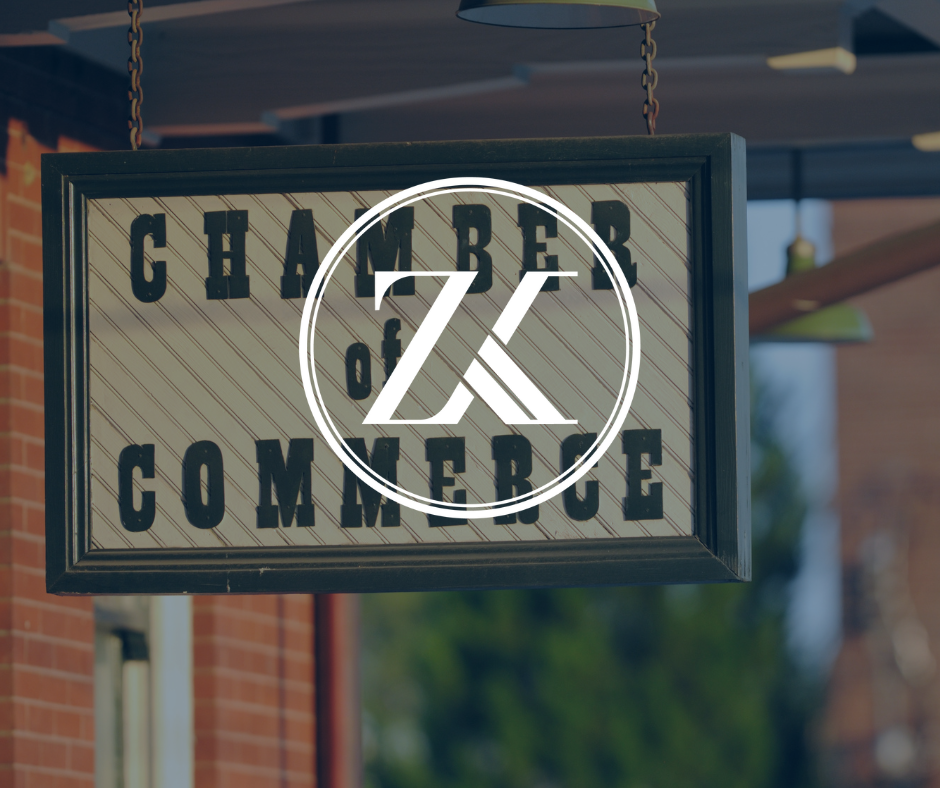- Business in Poland -
Chamber of Commerce
What are Chambers of Commerce and how do they operate?
Chambers of Commerce are voluntary, self-governing, non-profit organizations established to represent the interests of entrepreneurs, support business activities, and shape economic policy in accordance with applicable laws. The operations of Chambers of Commerce are regulated by the Act of May 30, 1989, on Chambers of Commerce and other legal acts that define their functioning, scope of competence, and organizational structure.
Core functions and services of Chambers of Commerce
The main objective of Chambers of Commerce is to provide services to their members and to improve the conditions for conducting business activities. These chambers engage in organizing educational, advisory, training, and informational activities, offering assistance to both individual entrepreneurs and business organizations. Within their powers, Chambers of Commerce may organize meetings, seminars, conferences, and provide legal, advisory, and financial assistance.
Chambers of Commerce in the legislative process
Chambers of Commerce also play an advisory and consultative role in the legislative process by participating in public consultations regarding draft normative acts, including laws, regulations, and other legal provisions that may affect the conditions for conducting business activities. Within their competence, chambers have the right to formulate positions, recommendations, and comments on proposed legal regulations, both at the national and local levels.
Supporting business dispute resolution and market development
An important aspect of the work of Chambers of Commerce is their mediatory role in resolving business disputes between entrepreneurs, as well as their participation in the promotion and development of entrepreneurship, including fostering cooperation between businesses and creating favorable conditions for the development of local and international markets. However, Chambers of Commerce do not possess administrative competences or executive powers, and their activities are not compulsory, nor are they associated with performing public administration tasks.
Voluntary membership and internal regulations
Membership in Chambers of Commerce is voluntary, and the rules of membership, as well as the scope of members' obligations, are regulated by the statutes of individual chambers. The amount of membership fees, how they are calculated, and the scope of benefits are determined by the internal regulations of each specific Chamber of Commerce. Membership in the chamber is not mandatory, and the decision to participate in its activities lies at the discretion of the entrepreneur. Chambers of Commerce operate within the limits of the powers granted to them, working for the development of entrepreneurship, but their tasks and powers remain in accordance with civil and administrative law standards.
Need a help?
Contact me: Attorney Joanna Chmielińska, Partner/Head of Business Law Department
E-mail: j.chmielinska@kkz.com.pl








